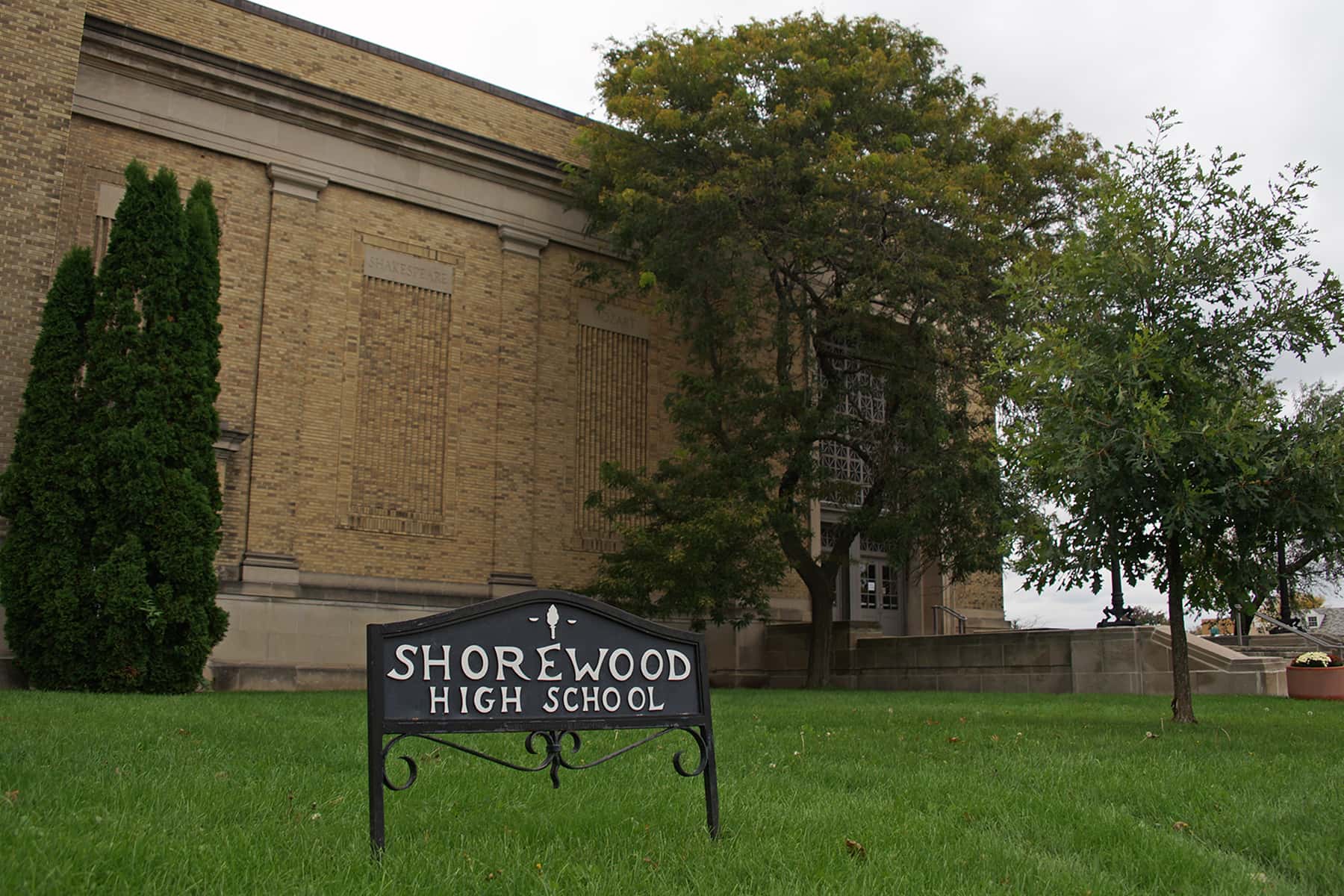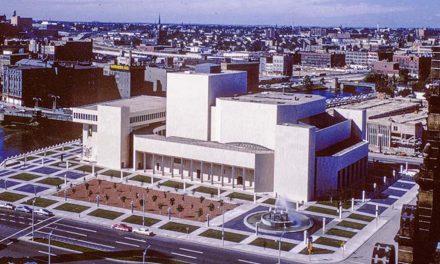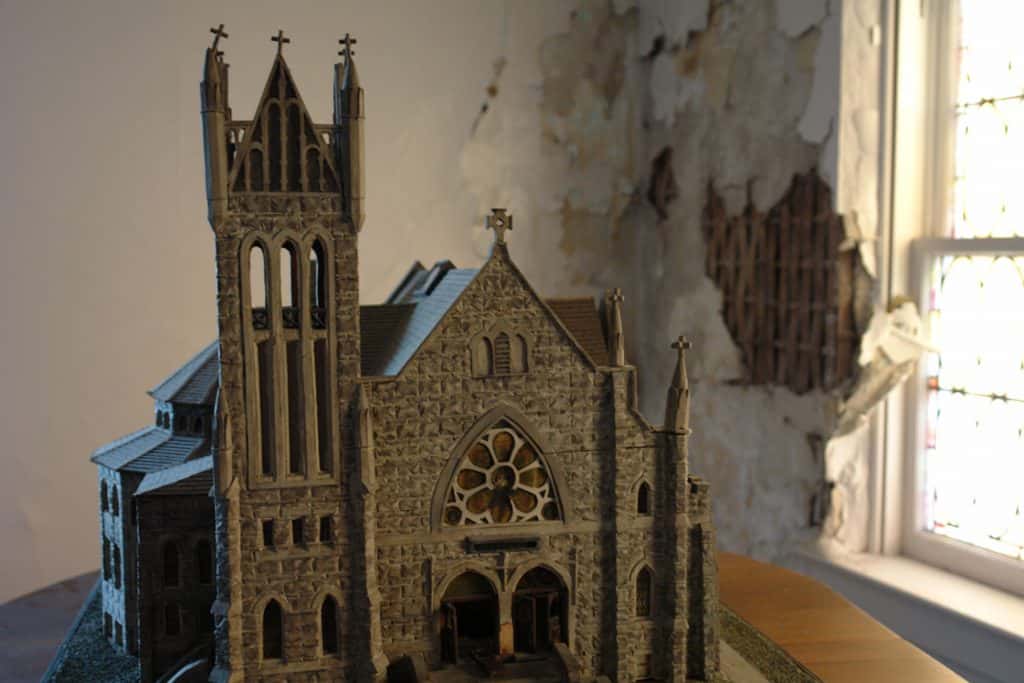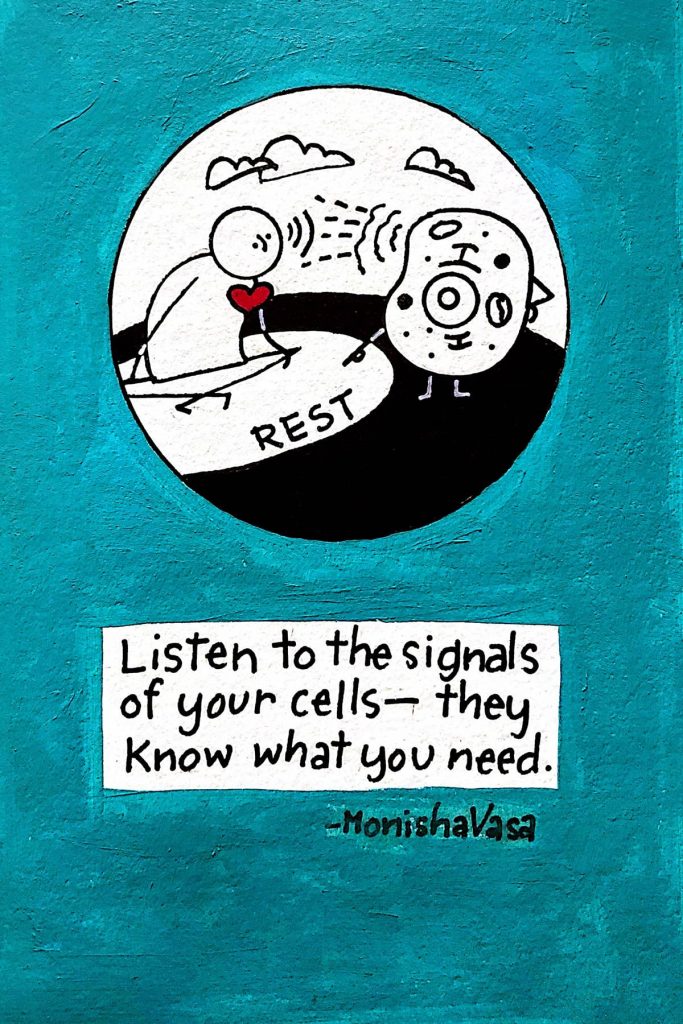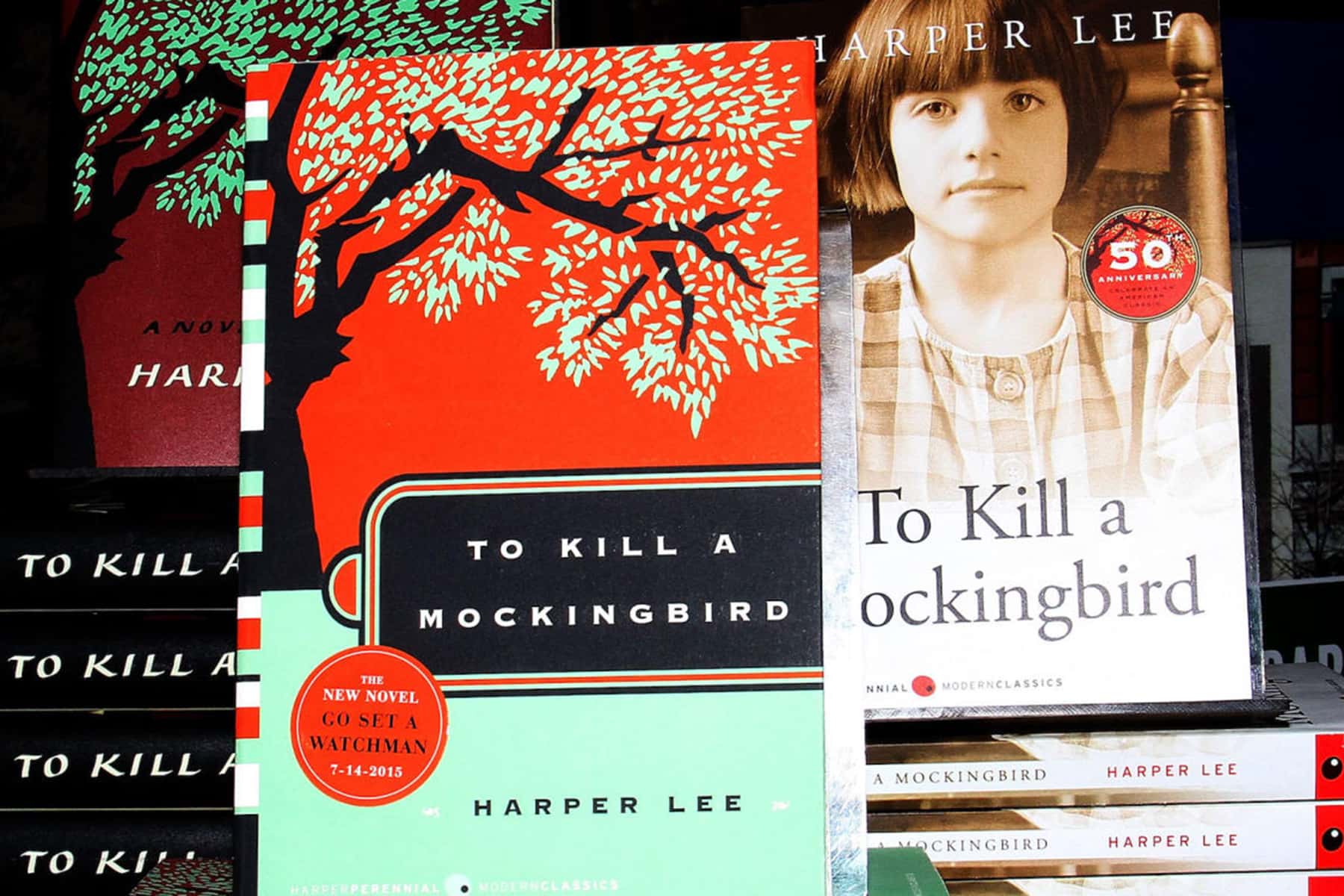
The National Coalition Against Censorship urged the Shorewood School District to reverse its decision to cancel Shorewood High School’s production of To Kill A Mockingbird and re-schedule the production. This and other public pressure appears to have succeed.
Harper Lee’s classic novel has been controversial since its publication, when taught in classrooms and when performed as a play. At a time when the country is realizing how much work is left to be done combating racism and racially-motivated violence, the story is as relevant as ever.
Shorewood High School, near Milwaukee, canceled the production hours before it was scheduled to debut on October 11. The district chose to cancel the production due to planned protests regarding the inclusion of the racial slurs in the original text, despite protesters requesting the removal of specific words, not the play’s cancellation.
In today’s polarized sociopolitical environment, emotionally charged responses to art that addresses race and racism create challenging situations for schools facing pressure to avoid work that may cause discomfort or pain.
Those objecting to the language in To Kill A Mockingbird should be free to express their position loudly and publicly. Protests are an important form of protected expression – those who want to protest the play’s language should have the opportunity to do so.
However, protests are not an appropriate reason to cancel a play in the absence of legitimate threats of violence. While there are many things upon which people disagree, such disagreement can be expressed in many ways without silencing the speech of others – and, in this case, closing a show that a diverse group of students had worked on for a long time.
The school had done significant work to contextualize the story, including teaching it in English classes in preparation for the theatrical production and issuing a statement to students that, although Lee’s original language would be used in the play, it was not condoned in any other context.
The drama department even requested that the parents of student actors talk to their children about the language and their feelings about it. These efforts to use To Kill A Mockingbird to engage in just the sort of broader conversations art aimed to inspire, making the play’s sudden cancellation all the more disappointing.
As a story about segregation and racism, about a broken criminal justice system and the sacrifices of those who would stand up for what is right, To Kill A Mockingbird speaks as much about American history as about the contemporary fruits of that history.
Post-show discussions were designed to engaged the community in a necessary dialogue about race and justice in America, and the ways that language has been and continues to be used to reinforce structural inequalities.
That opportunity was originally lost, but with the subsequent announcement that a performance will be held on October 17, the chance for dialogue will exist if the public has enough courage to embrace it.
© Photo
Lee Matz

